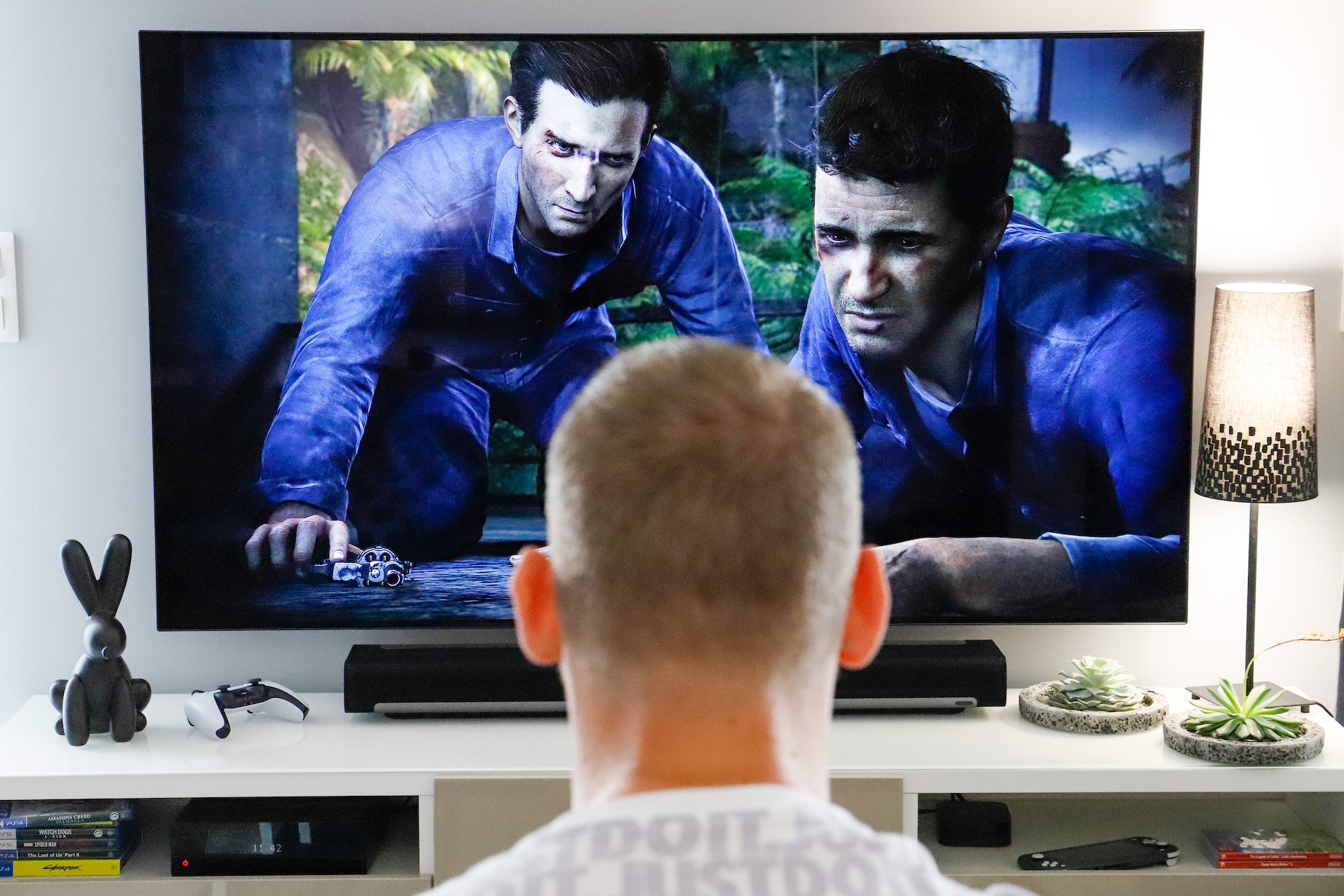Cable and satellite television are the two most common options for watching television. Both have advantages and disadvantages, so knowing them will help you make a more informed choice. The transmission of television signals through coaxial wires constitutes the cable part of cable television. Your cable provider usually provides it. But a satellite antenna is what makes Satellite TV possible. Users can typically obtain such services from a satellite business like DirecTV.
So, how do they compare? Keep reading to learn about the critical differences between cable and satellite TV!
How Does Cable TV Work?
Cable TV is a subscription-based service that provides hundreds of content channels. These channels include your favorite shows, movies, news, sports, and other entertainment programs. The cost of cable services varies depending on your service level.
Cable TV comes in two forms – analog and digital. Analog cable is what most people are familiar with. You get your signal in one channel at a time and switch between channels as needed. Digital cable provides more channels than analog, but the picture quality could be better.
Cable TV transmits an analog signal from a transmitter to a receiver near the end user. The analog signal is converted into digital data by the receiver and then re-transmitted to the receiving antenna for display on your television screen.
Cable boxes are also designed to provide quality service in exchange for an expensive monthly fee. This is why they often have multiple inputs to connect to different kinds of devices at once. For example, there might be one input for DVD players and another for HDTVs or surround sound systems – each with its separate receiver inside the box itself!
Why Use Cable TV?
There are several reasons why cable TV is better than satellite or any other type of digital television service:
- It’s cheaper than satellite or digital cable
- Local channels are available on cable in many cities across the nation. This means you can watch your favorite shows without paying extra for them from another service provider.
- You get many more options regarding programming choices and channel packages with cable.
Satellite TV Services
Accessing local news, sports, and amusement shows is a breeze with satellite TV. It’s also a great method to cut your cable TV package costs. Live TV from your neighborhood stations and major networks like CBS and FOX are all available with satellite TV coverage when you use an over-the-air antenna.
A small dish or antenna on your roof enables satellite TV services to beam digital signals directly into your house. The satellite connects to a box behind the TV with an adapter. Then, you connect your cable or satellite box to the second adaptor provided by your service provider. You can watch any and all of the networks’ content through a web-based video player.
Thanks to satellite TV, you won’t have to stress about missing a single sporting event. Many different sports networks, both national and neighborhood, are available on satellite TV. You can either watch the events live or save them to watch later. However, there’s more to viewing sports than just entertainment; excellent betting opportunities at https://betting-sider.net/fodbold-betting/ are also available. You’ll also be able to view premium sports content and attend exclusive events.
Pros of Using Satellite TV
Satellite TV has become a trendy way to watch television. The good news is that many benefits come with satellite TV. Here are some of the pros:
- Satellite TV subscriptions don’t break the bank. The monthly cost of satellite TV can vary widely based on location and the channels you want to subscribe to. A satellite TV package can provide you with all your desired stations without breaking the bank.
- Superior Image Resolution in HD. The picture clarity on satellite TV is unparalleled. There will be no more blurry or distorted images, as you can see everything in stunning sharpness and detail.
- Better Channel Selection and More Options. You’ll be able to find something interesting for everyone in the household among the thousands of channels and shows available.
- Ability to Use on Any Device. Satellite TV is a great alternative if you’re constantly on the go or reside in a remote area without reliable Internet service. There is no need to give up on binge-watching your favorite programs just because you only have one computer or TV.

Similarities
Cable and satellite TV services are similar in various ways but have some critical differences. Both provide live broadcasts as well as on-demand video programming. However, the content provided on cable TV is only sometimes available through satellite TV. Here are some of the similarities between cable and satellite TV:
- On-demand shows and movies are available from most cable and satellite TV companies. On-demand shows and movies are available from most cable and satellite TV companies. This translates to as much viewing of movies, TV series, and other forms of entertainment as you desire.
- You can save shows for subsequent viewing on both services. Customers of both cable and satellite services can record their favorite shows to view at a more convenient time. This is a convenient option if you don’t have time to watch a particular show today but would like to watch it later.
Several alternatives exist besides TV services like cable and satellite. Choosing an ISP is the first step in getting online. You can get the internet connection required for streaming TV from this provider. Do your homework to locate the best service provider among the many available options.
A digital receiver or a subscription to a streaming service like Netflix or Hulu will get you access to local broadcasts. A smart TV can link to the internet and has pre installed apps. Either way, you won’t have to spend a fortune monthly to keep up with your beloved shows and movies. Therefore, if you are sick of spending too much on television, you should investigate other options.
Conclusion
The two most common types of television programming are cable and satellite. There are many key distinctions between cable and satellite television. Satellite television usually costs more than cable television but has more channel options. Unlike satellite TV, which is transmitted via a satellite dish, cable TV is usually delivered via a physical cable. Satellite TV is also more dependable when the weather is bad than cable. Each option comes with its own set of benefits and drawbacks.



